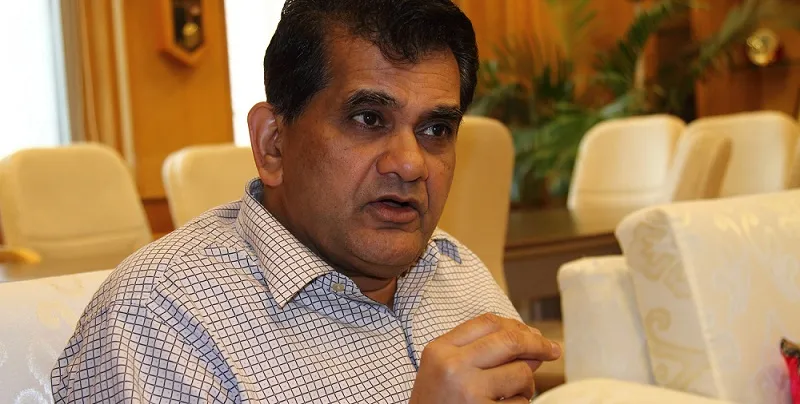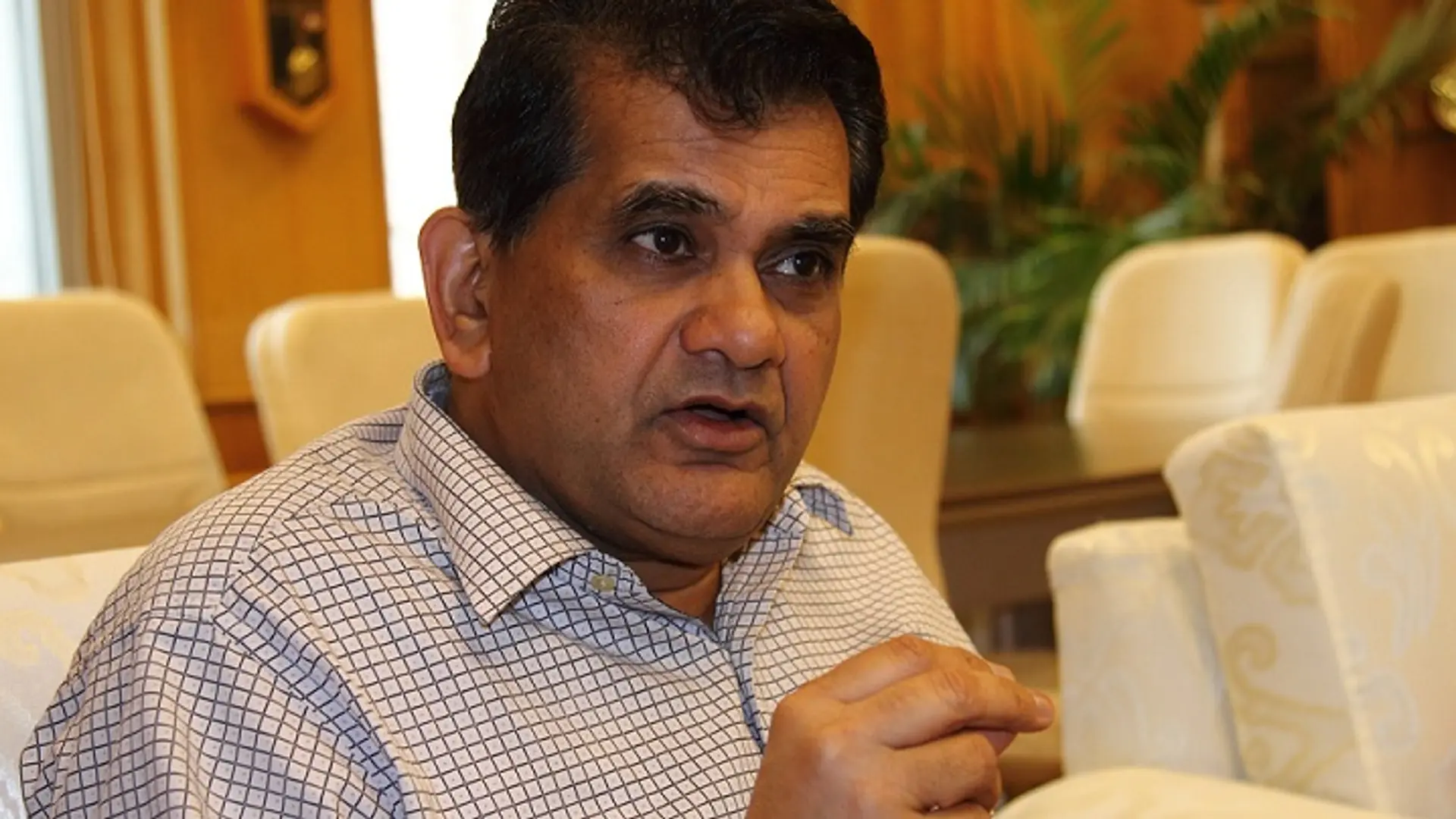Coronavirus: Niti Aayog unveils norms for data, biospecimen sharing for COVID-19 research
Niti Aayog unveiled policy guidelines for sharing biospecimen and data for coronavirus-related research to ensure the samples are appropriately managed.
To ensure that biological samples and data are appropriately managed, government think-tank Niti Aayog on Tuesday unveiled policy guidelines for sharing biospecimen and data for research related to coronavirus.
The Empowered Group 1 "Medical Emergency Management Plan", constituted by the government and headed by Niti Aayog member V K Paul drafted the guidelines.
Last month, the government constituted 11 empowered groups to suggest measures to ramp up healthcare, put the economy back on track and reduce the misery of people as quickly as possible post the 21-day lockdown imposed to contain the coronavirus pandemic.

Amitabh Kant, CEO, Niti Aayog
"It will be obligatory upon every custodian of bio-specimens (samples of COVID-19 with the bio-repositories and hospitals) to share the bio-specimen as per the procedure and timeline.
"Delays will be liable for appropriate actions and accountability will be fixed," according to the guidelines.
The guidelines have been aligned with the existing international framework of the Biological Weapons Convention to which India is a signatory
"All facilities, institutions and other entities should collect biospecimens for research and product development purpose as approved by institutional or national authorities, as appropriate," the guidelines added.
It mentions that the suspected or confirmed COVID-19 specimens with proper identifications be stored with controlled access at two to eight degrees centigrade or minus 70 degrees depending on the nature of experiments.
The Empowered Group has also spelt out the guidelines for sample collections from patients, while also listing out the norms for collection of blood samples from the patients after six and 12 months since the detection of the infection.
As per the guidelines, all users of the bio-specimens will be assigned a unique identity for assuring best services from the repository.
"The recipients will also have to give an undertaking that the live virus/inactivated virus/ genomic RNA will be used exclusively for the purpose of ethically approved projects and violations will invite prosecutions under relevant laws," it said.
Edited by Saheli Sen Gupta








